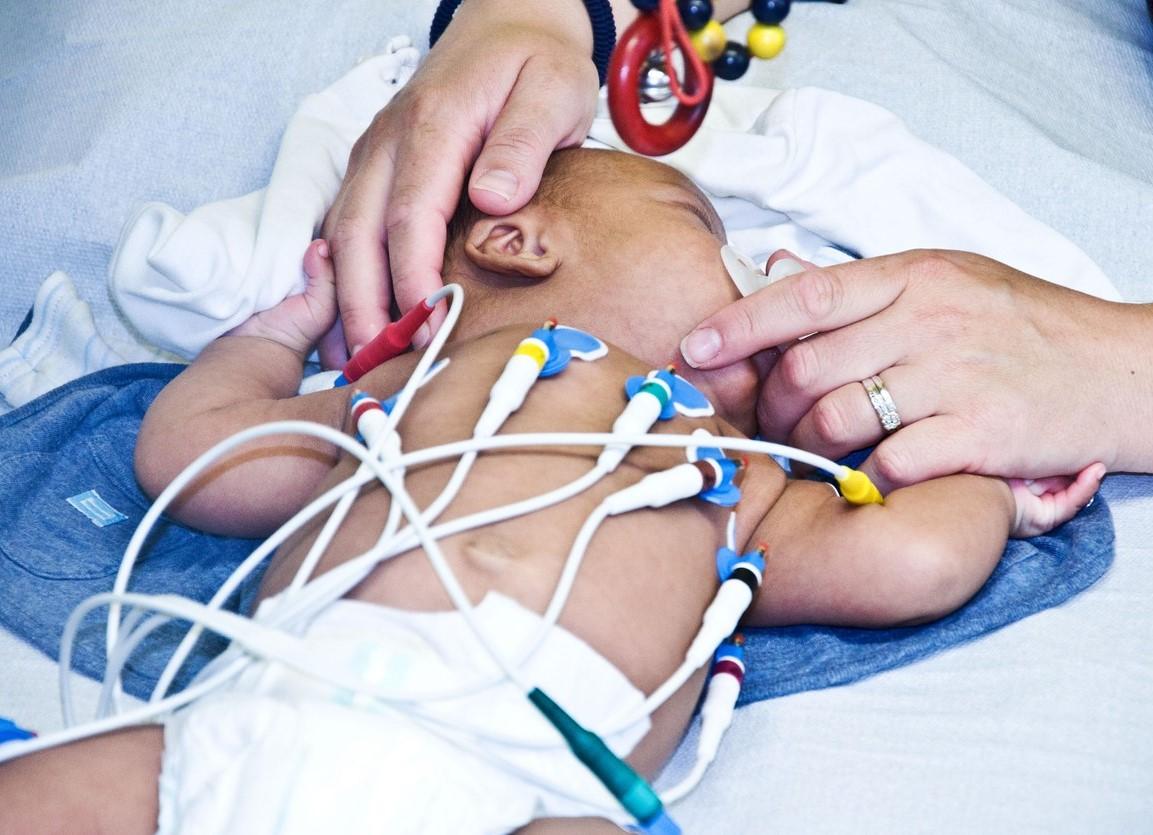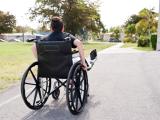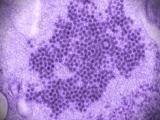Following reports in May of enterovirus-echovirus 11 (E-11) neonatal sepsis cases in France, five more countries in Europe have reported similar cases, the World Health Organization (WHO) said in a recent update.
In its initial report, the WHO said the French cases involved a recombinant enterovirus (echovirus 11 [E-11]) that hadn't been detected in France before and were unusual due to extremely rapid health deterioration and a high case-fatality rate. Also, the proportion of infections seen in twins was much higher than expected.
Since then and as of June 26, five more countries have reported 17 cases, including Croatia (1), Italy (7), Spain (2), Sweden (5), and the United Kingdom (2). Most of the cases were from 2023, but some of Sweden's were reported from 2022, as were some of France's cases.
France's cases remain at nine, which includes seven deaths.
Some cases involved twins and multiorgan failure
Croatia's confirmed E-11 case is part of a cluster of enterovirus cases reported from two maternity hospitals. In Italy, further investigation is underway into some of the cases, but the WHO said three were admitted to the neonatal intensive care unit (NICU) and two others who tested positive on screening didn't have significant symptoms.
Spain's cases involved twins who were admitted to the NICU, one of whom died from their infection. The country's health officials said E-11 has been circulating in 2022 and 2023, but so far, data don't suggest an increase in incidence or severity. They added that the virus probably passed from the mother to her babies.
Meanwhile, Sweden's cases all involved infants with meningoencephalitis, and so far the epidemiological investigation doesn't show findings beyond what doctors would expect.
The United Kingdom's two cases were in twins, both of whom had several clinical conditions, including hepatitis and multiorgan failure, similar to the newborns in France who had the virus. Also, like some of the French babies, the UK infants conditions deteriorated rapidly, and both died from their infections.
The WHO said five other European countries, so far, report no increase in E-11 cases with links to neonatal sepsis. Investigation and virus typing is still underway in the affected countries. It added that based on limited information, the risk to the general population is low, but asymptomatic virus carriage and shedding are an enterovirus infection feature.
Extent of problem unclear due to surveillance gaps
With no systemwide Enterovirus surveillance in place in Europe, it's hard to gauge the extent of the severe cases and the background rates for E-11 circulation in the general population, the WHO said. And given that nonpolio enterovirus infection isn't a notifiable disease in most countries, other severe cases may have gone undiagnosed or unreported.
Clinicians managing neonates and young infants presenting with circulatory shock should consider an underlying diagnosis of sepsis and perform appropriate diagnostic investigations.
"Clinicians managing neonates and young infants presenting with circulatory shock should consider an underlying diagnosis of sepsis and perform appropriate diagnostic investigations, including testing for enteroviruses," the WHO said. The group also urged countries to share sequences and for hospitals to familiarize themselves with the signs and symptoms of E-11 and implement infection prevention and control measures.




















